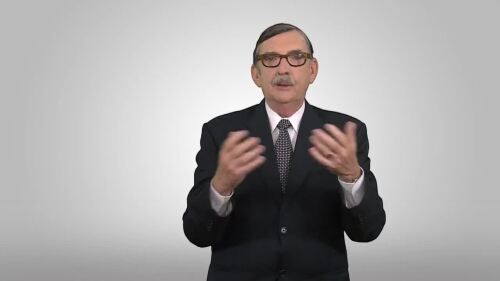Gordon Graham here with Today’s Tip from Lexipol. Today’s Tip is for anyone who operates emergency vehicles.
Let’s set the Wayback Machine for 1973. Back then, when I was brand new, responding to an emergency call was exhilarating. Sirens blaring. Lights flashing. Exceeding the speed limit. Back then, it was fun. But, over the next 30 years, I realized the tremendous risks involved in high-speed vehicle operations, particularly with respect to the actions and behaviors of other drivers.
But it’s also easy to assume that other drivers see and hear you. With the siren screaming and all the high-powered flashing lights, how could they not?
But sometimes they simply don’t. Drivers have more distractions today than ever before. Maybe they’re talking on the phone. Or even worse, maybe they’re texting. Maybe they’re distracted by something else. Regardless of the reason, many drivers fail to see or hear emergency vehicles even when they should.
That means it’s on us. We must be extra vigilant and drive defensively. Remember your defensive driving tactics. Make sure drivers see you before you enter an intersection against a red signal. Anticipate inappropriate responses from other drivers. Things like slowing suddenly. Or stopping in the middle of the road. Have an escape route and contingency plan ready when you encounter these behaviors. And remember crisis rehearsal. Think about emergency driving during those slow times and have a plan for these types of circumstances.
Remember, you can’t help anyone if you don’t get there safely. Always practice defensive driving. Especially when you’re responding to an emergency call.
And that’s Today’s Tip from Lexipol. Gordon Graham, signing off.















